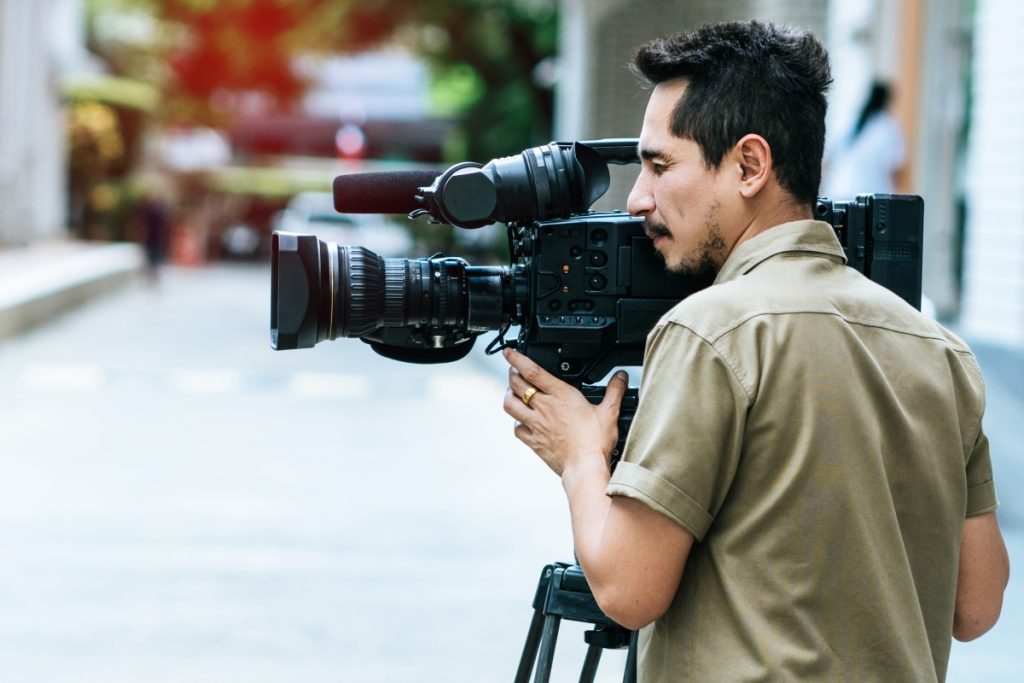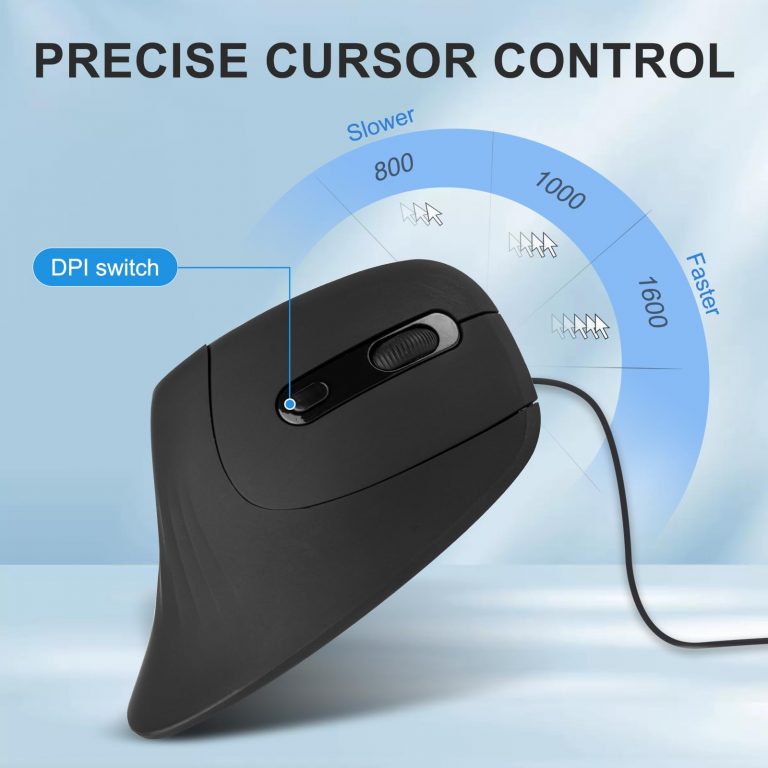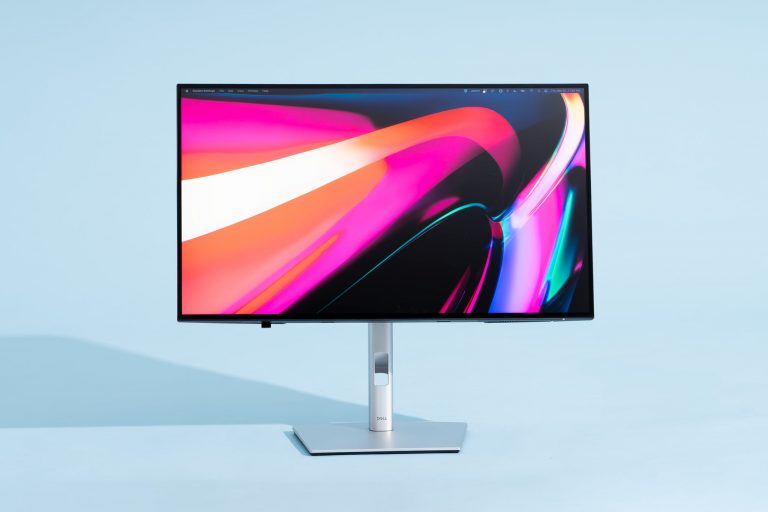
Video Cameras Capturing Moments in Time
Video cameras have become an essential tool for capturing memories, documenting events, and creating content. With advancements in technology, video cameras have evolved from bulky camcorders to sleek and portable devices.
Types of Video Cameras
- Camcorders: Traditional video cameras with a built-in screen and recording capabilities.
- Action Cameras: Small, rugged cameras designed for extreme sports and adventure activities.
- DSLR Cameras: Digital Single-Lens Reflex cameras can also be used to capture high-quality video.
- Smartphones: Modern smartphones have powerful cameras capable of capturing high-resolution video.
- Webcams: Designed for video conferencing and live streaming.
Key Features to Consider
- Resolution: The resolution of a video camera determines the quality of the footage. Higher resolution cameras capture more detail.
- Frame Rate: The frame rate determines the smoothness of the video. Higher frame rates result in smoother motion.
- Optical Zoom: Optical zoom allows you to zoom in on subjects without losing image quality.
- Image Stabilization: Image stabilization helps to reduce camera shake and produce smoother footage.
- Audio Quality: Consider the microphone quality for clear and crisp audio.
- Battery Life: Ensure the camera has a long-lasting battery to capture extended footage.
Applications of Video Cameras
- Personal Use: Documenting family events, vacations, and hobbies.
- Professional Use: Filmmaking, journalism, and live streaming.
- Surveillance: Monitoring security and capturing evidence.
- Education: Recording lectures, tutorials, and presentations.
Choosing the Right Video Camera
The best video camera for you depends on your needs and budget. Consider your intended use, desired features, and the quality of footage you require.
Video cameras have become an essential tool for capturing and sharing life’s moments. With a wide range of options available, there’s a camera to suit every need and budget.




